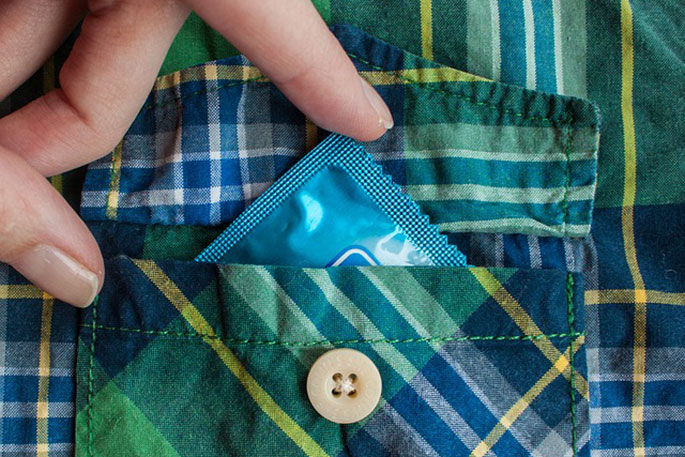A sexual health doctor says a rising number of reported cases of infectious syphilis in this country is likely to be the tip of the iceberg.
Last year, 400 cases were voluntarily reported by sexual health clinics up from 80 cases in 2012.
Dr Jane Morgan from the Hamilton Sexual Health Team says until recently most infections have been among men who have sex with other men, but now an increasing number of women are being infected.
She puts this down to a change in the sexual market place.
"Hooking up has become much easier, but awareness around STI's (sexually transmitted diseases), the need for regular testing, condom use - the message isn't regularly pushed."
Jane says the only way to prevent syphilis is to practice safe sex.
The Great Imitator
She says because syphilis symptoms are easily mistaken for other conditions, GP's need to be aware the disease is becoming more prevalent and look out for it.
The classic first sign, a painless ulcer can go unnoticed and heal without treatment. The secondary rash is easily mistaken for more common skin conditions.
Jane says syphilis testing is recommended.
Syphilis is back.
"If health providers think syphilis is rare then it won't be in their list of differential diagnoses when they see someone with a mild generalised rash, so our concern is that cases are being missed."
Jane says the 400 cases are just reported from sexual health clinic and there are a lot of other cases not being reported.
"My concern is that it is the tip of the iceberg."
She says there is a reasonable chance of serious health complications if left untreated.
"Chronic bone disease, chronic brain disease and even dementia."
She says syphilis can be fatal if left untreated.
Unborn babies in mothers with syphilis can also be seriously affected.
"The worse case scenario is that there will be a fetal death."
Jane says the only way to prevent syphilis is to practice safe sex.
She said that even though reporting of syphilis cases is now mandatory, the Ministry of Health is yet to get a system in place to collect the data.
Jane wants the Ministry of Health to say what its strategy is to address the increase.
"We need to get the data reporting sorted so we have got a really full picture about what is going on.
"We need accurate data."



0 comments
Leave a Comment
You must be logged in to make a comment.